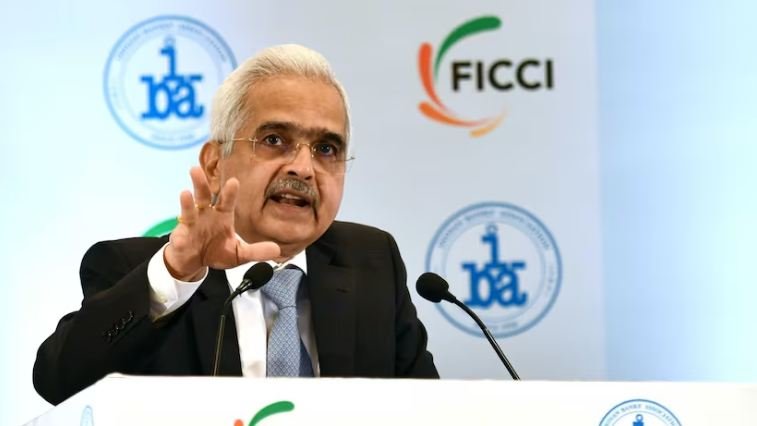Shaktikanta Das, the governor of the Reserve Bank of India (RBI), highlighted the strength of India’s banking system and its capacity to support the nation’s growth trajectory. He also underscored the emerging challenges in the realm of cybersecurity.
Indeed, cybersecurity threats pose a significant challenge to the banking system. As financial institutions increasingly rely on digital platforms and technologies, they become more vulnerable to cyber threats. These threats can range from data breaches and identity theft to more sophisticated attacks on a bank’s infrastructure.
Cybersecurity: A Growing Concern
With the increasing digitization of financial services, cybersecurity has become a significant concern. The RBI has been proactive in addressing this issue, with a dedicated team of supervisors studying the information technology (IT) systems of banks and non-banking financial companies (NBFCs). This team delves deep into these systems, identifying any gaps or loopholes, and promptly alerts the management to take corrective measures.
The impact of a successful cyber attack can be devastating, leading to financial losses, damage to the bank’s reputation, and loss of customer trust. Therefore, banks must invest in robust cybersecurity measures. This includes implementing advanced security systems, regularly updating and patching software, training employees on cybersecurity best practices, and conducting regular audits and tests to identify potential vulnerabilities.
The RBI’s Role in Ensuring a Robust Financial System
The RBI’s primary focus is to ensure that the financial system remains resilient and robust, fully equipped to support India’s journey towards becoming an advanced economy. The central bank has committed itself to safeguard the trust factor in the Indian financial system, a cornerstone of India’s success story in recent years.
The Indian Banking System: Ready for the Future
Today, the Indian banking system is well-positioned to support India’s growth story in the years ahead. This remarkable turnaround in the Indian banking system is a testament to the effective measures implemented by the RBI and the banking sector.
Moreover, regulatory bodies like the Reserve Bank of India (RBI) play a crucial role in ensuring the cybersecurity of the banking sector. The RBI has a dedicated team that studies the IT systems of banks and NBFCs, identifies loopholes, and ensures that corrective measures are taken promptly.
Proactive Supervision: The Key to Mitigating Risks
The RBI’s supervision aims to be proactive in identifying and addressing emerging risks. This approach has led to the recent announcement of regulatory macro-prudential measures. These measures are a result of the RBI’s vigilant supervision and its commitment to maintaining the stability of the financial system.
The Road Ahead
As India continues on its path of economic growth, the role of the banking sector and the RBI becomes increasingly crucial. With the challenges of cybersecurity looming large, the RBI’s proactive approach and the robustness of the Indian banking system provide a strong foundation for the future.
In conclusion, while cybersecurity threats are a major challenge for the banking system, proactive measures and robust security protocols can significantly mitigate these risks. It’s a continuous process that requires vigilance, adaptability, and a commitment to staying ahead of potential threats.

